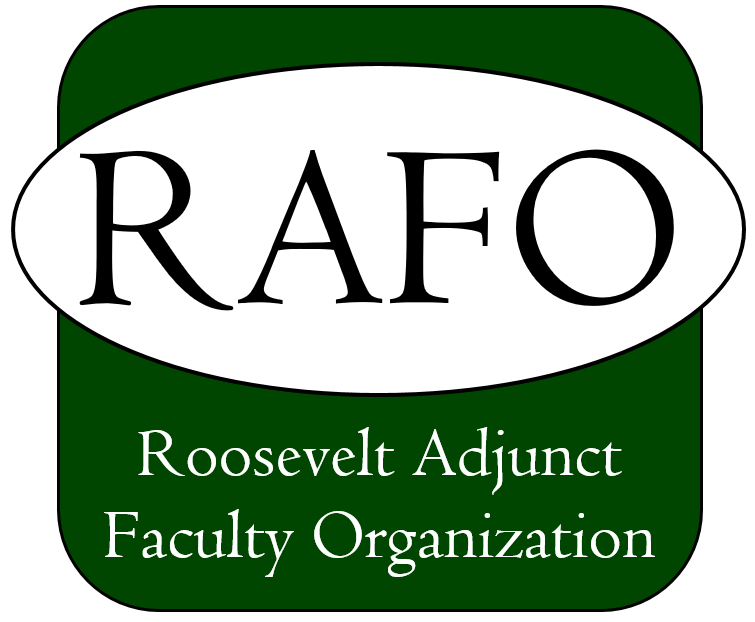
Lion of the Senate: When Ted Kennedy Rallied the Democrats in a GOP Congress
Nick Littlefield and David Nexon (New York: Simon & Schuster, 2015)
Reviewed by: B. J. Smothers
History never exactly repeats itself. There’s always a little wrinkle that makes the difference. In 1994, when Newt Gingrich rose to power, he marked his territory by orchestrating the Contract with America, threatening to eviscerate New Deal and Great Society legislation. Six weeks before the 1994 election, he gathered Republicans on the steps of the Capitol (as Reagan had done to celebrate passage of the Reagan tax cut) to introduce Gingrich, Dick Armey, and political adviser Frank Luntz’s Contract with America and to launch the next assault on progressivism. In the subsequent GOP rout, after forty years of being in the minority, Republicans had flipped that position in the House, 228–207, and in the Senate, 52–48. To make matters even worse, two senators and several House Democrats defected to the Republican Party after the election. Democrats were stunned, deflated, and President Clinton was promising to work with a Newt Gingrich controlled Congress. But then, there was the indomitable Ted Kennedy to act as a shield between U.S. citizens in need and the powerful. The means by which this contest played out is detailed in Lion of the Senate.
The Chronicle of Higher Education is now available from the library with any roosevelt.edu account at Chronicle.com. Any user who creates an account with their @roosevelt.edu e-mail address will be able to access premium content from any location or device.
If you have already created an account at Chronicle.com with your @roosevelt.edu e-mail address, that account will automatically link to the site license so you will not need to create a new one. Please contact Robin Hofstetter with any questions about creating your account.
In an Inside Higher Ed article entitled “The Right Not to Be Recorded,” the student group supporting the student who was suspended for recording an instructor’s class comments without the instructor’s consent claims that the college in question “is making a clear statement that it doesn't give a damn about its students and is completely in the pocket of the teachers' union.”
Which made me wonder: is this a chicken vs. egg problem? Which came first: teachers’ unions or academic freedom?
I was a little discouraged to read this remark – to me it suggests that “academic freedom” means only the rights of instructors to say whatever they want, whether it pertains to the class at hand or not. And those who choose to oppose those comments, be they students or the college, do so at their own peril, risking the wrath of the faculty union. (Reminds me of a certain executive authority of a certain pre-eminent democracy, but that’s a post for another time.)
I remember when there was no such thing as higher education faculty unions. Faculty were professionals, spending years gaining their to interact with expertise on a given subject in both the classroom as well as in research. “Academic freedom” meant the freedom enjoyed by both students and instructors in the classroom, that both parties could challenge one another and still respect one another, without some third party (a college, a state, a political or economic point of view) trying to impose its agenda upon them.
From this adjunct faculty union member’s point of view, the very reason faculty unions came into being was, among other reasons, the best means available to keep third parties out of the classroom; student – teacher relationships demand nothing less. When students or teachers unilaterally decide to make their classroom public without considering how that action will affect them, guess who wins? Not students. Not teachers. Only the outsiders, imposing an agenda outside the scope of the class.
So I’m curious to know what you think. What’s the independent variable here? Does academic freedom make teachers’ unions possible? Or do the unions make academic freedom possible? Or is this a genuine chicken/egg dilemma?
I look forward to hearing from you.
If you are attending a workshop, conference, seminar to learn new skills or presenting at a conference, RAFO has a mini-grant available to help you defray your expenses. The application form is available here and the application deadline is March 16.
Review the application form and fill out the information requested. All proposals will be reviewed by the professional development committee, and you will be notified if it is approved and the amount that will be provided.
If you have any questions about the form or the grant itself, please do not hesitate to contact me.
Sincerely,
Ami Hicks Ami Hicks, Ed.D. RAFO, Professional Development, This email address is being protected from spambots. You need JavaScript enabled to view it.


Grievance Chair Luann with CCCloC's Loretta and the IEA contingent in Chicago.


RAFO member & Higher Ed. Chair Beverly with the NEA contingent in Washington, D.C.
Page 31 of 31

